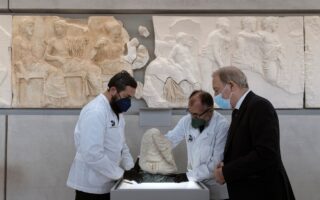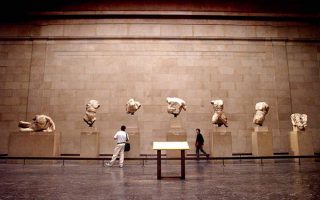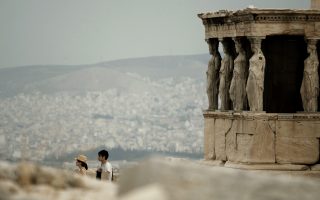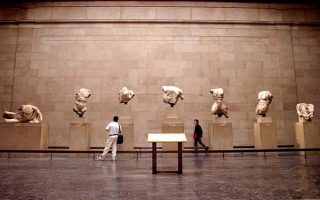Museum bill would open can of worms
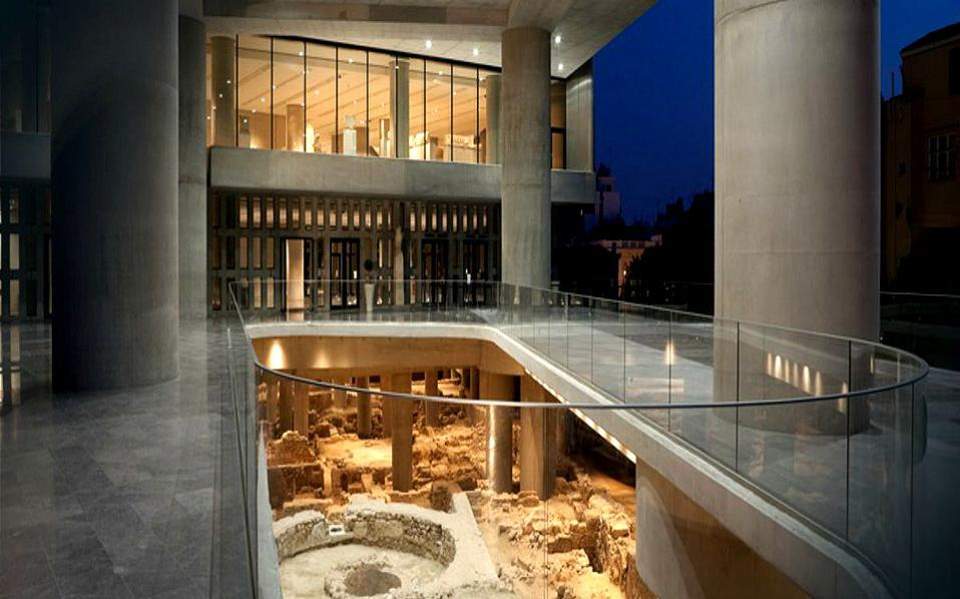
The Greek government’s intention to transform the country’s five most important museums – the National Archaeological Museum and the Byzantine and Christian Museum in Athens, the Archaeological Museum of Thessaloniki, the Museum of Byzantine Culture in Thessaloniki, and the Archaeological Museum of Iraklio – from organic units of the Archaeological Service into legal entities under public law is well known.
This is supposed to give the museums autonomy and free them from bureaucratic entanglements; with boards of directors consisting of leading figures they will easily secure donations and sponsorships. What has been leaked about the bill justifies the concern that it opens a can of worms. Out of a multitude of problems, I want to focus on four.
First, the advertised autonomy belongs to the realm of fantasy. The seven-member board would be appointed by the minister of culture. Only two members, who would be drawn from the employees of the ministry, would be required to have a postgraduate degree. In a country where appointments are made on the basis of acquaintances and transactions, when no clear evaluation criteria are laid down, arbitrary appointments lead to misinformed management.
Second, the bill would create two-tier museums. The five privileged museums would keep the revenue from tickets, sales and events – revenue that previously indirectly supported other museums with lower attendance. But they would also receive subsidies from the Ministry of Culture. These subsidies would be necessary because of an increase in administrative staff and because of the extremely costly and competitive professional fundraising. Only the Iraklio museum would be able to meet its elementary needs from its income. Thus, the museums of the periphery, which are doing excellent work under difficult circumstances, would not only not have access to their own revenue, but would also share the limited budget of the Ministry of Culture with the privileged museums. Their slice of the pie would be reduced drastically.
Third, museums are not just exhibition spaces and salesrooms; they have libraries, conservation laboratories, storage facilities, photographic archives and scientific collections. Removing them from the responsibility of the Archaeological Service would create problems in staffing them with experienced scientific personnel and in collaborations with the departments of antiquities (ephorates). While the bill provides for cooperations with Greek and international academic institutions, it makes no mention of the departments of antiquities, which are responsible for archaeological research and the protection of monuments. Where would the Archaeological Museum of Iraklio turn for the enrichment of its collections if not to the respective ephorate? To the antiquities trade and illegal private collections?
Finally, the bill provides for the establishment of annexes abroad and the export, exchange, deposit and loan of parts of museum collections. Let me remind you of the obvious: Greek museums have different origins and functions from the British Museum or the Louvre, whose collections are derived from the material culture of other nations. The Greek museums are inextricably linked to field research in Greece. The finds of the excavations are the source of knowledge about Greek antiquity. The publication of the finds – e.g. in cooperation with the archaeology departments of universities – should be the ministry’s priority, nor the export to other countries of what does not fit in the showcases.
The bill perpetuates a policy of dealing in a piecemeal fashion with a web of related issues, including, among others, the staffing and administration of the Archaeological Service. First and foremost, the Archaeological Service must follow the procedures followed by scientific organizations in the recruitment and promotion of its scientific staff, with open calls for competition and evaluations, not with temporary contracts that over time lead to tenure.
Extroversion and the adaptation of museums to the needs of society require the creation of external councils involving scientists, cultural operators, and representatives of the local community – councils that advise without managing and give ideas without deciding. In this way, museums will respond to the demographic challenges facing Greece: the increase in the number of third- and fourth-age people, Greeks of the diaspora, and immigrants. With new technologies, museums can go to people who cannot go to museums.
On 08.10.2008, the current minister of development and investment, Adonis Georgiades, then a member of a different party, speaking in Parliament against the bill that established the Acropolis Museum as a legal entity under public law (the model for the new bill), pointed out that “it is not the legal entity under public law that will give us a good museum.” I explained why he is right. I wonder if he will remember that when he is asked to vote on this bill.
Angelos Chaniotis is professor of ancient history and Classics at the Institute for Advanced Study located in Princeton, NJ.
